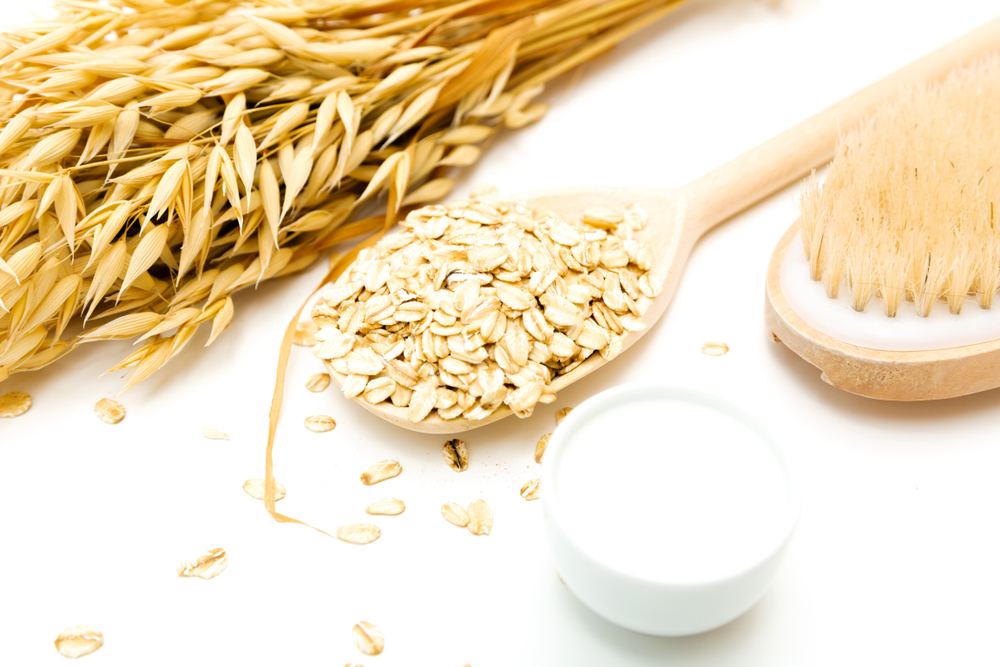
7 Reasons oats for dry, itchy skin are nature's best kept secret
When dry skin is making you wish it was socially acceptable to wear a moisturizing mask to work, it's probably...
Once you've got your skincare basics down and you're the master of your daily cleanse, moisturizer and SPF, you might be tempted to expand your routine to steps that target more specific skin woes.
Enter serums. What does serum do for your skin? The average beauty aisle's lineup can be overwhelming at first glance. That's because different serums can do quite a lot depending on the ingredients inside.
Here's your intro to common serum benefits, when to use them, and how they work in the first place.
Serums pack a serious punch. These highly concentrated formulations are designed to deliver a potent mix of active ingredients to your skin. Serums often address specific skincare concerns, such as aging, redness, dullness or blemishes.
Though one of the biggest benefits of many serums is added moisture, serums are different from lotions and creams. Usually, they have an oily or liquid texture, and unlike some heavy moisturizers, they're designed to absorb completely into the skin rather than sitting on top and creating a barrier.
Apply a serum to clean skin after washing your face (and after your toner, if you use one) but before applying moisturizer or other thicker products.
It might seem like a timesaver to mix your serum with your moisturizer, but it's better to apply them separately. Serum benefits are at their strongest when the formulation's active ingredients have unobstructed access to your skin.
 Usually, a little bit of product goes a long way. And since serums can be pricier and significantly stronger than other skincare products, use just enough to cover your face in a thin layer.
Usually, a little bit of product goes a long way. And since serums can be pricier and significantly stronger than other skincare products, use just enough to cover your face in a thin layer.
How often you use your serum depends entirely on the ingredients. Keep it simple by reading the specific product directions — they'll tell you how frequently to apply and the best time of day to do it. Some ingredients, like vitamin C for instance, generally work best when applied in the morning.
The benefits of each skin serum will vary — labeling a product a "serum" says more about how it's formulated than what specific ingredients are in it. Serums can contain a whole range of different active ingredients, all of which target different skin issues.
Some of the most common ingredients popular for their serum benefits include:
It's worth noting that some ingredients, especially certain acids like vitamin C and glycolic acid, may irritate sensitive skin. The best way to test a serum — or any new product — is to try it on a small patch of skin first. If you don't experience a reaction within 24 hours, the serum is safe to use on the rest of your face.

Durante generaciones, se ha conocido que las propiedades humectantes de la avena coloidal, que ayudan a restaurar, nutrir y aliviar la barrera para la humedad de la piel, ayudan también con las afecciones de la piel complicadas. La avena coloidal es el ...